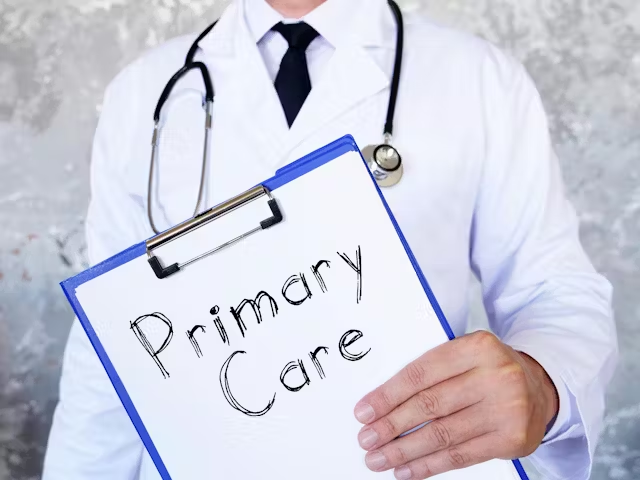The Role of Primary Care in Building Trust and Strengthening Health

When it comes to long-term health, few relationships are as valuable or personal as the one you have with your primary care provider. Primary care, or everyday care, is more than checkups and prescriptions. it’s about building a foundation of trust, continuity, and preventive care that supports your well-being through every stage of life. Let’s explore the role everyday care plays in strengthening patient relationships and creating a more connected healthcare experience.
Building Trust Through Everyday Care
Trust is a fundamental element in any healthcare relationship, and primary care is uniquely designed to nurture this trust. By fostering long-term relationships between patients and their healthcare providers, everyday care establishes a framework that supports open communication. A family doctor is often the first point of contact for patients, providing an accessible and positive introduction to the broader medical system.
Primary care is also distinguished by its person-centered care model. Each patient is viewed holistically, with providers taking into account individual preferences and needs. This makes sure that patients actively participate in shaping their care plans, further building confidence in the process.
Everyday care operates with community orientation. Providers often have an extended understanding of the local population’s social dynamics and cultural nuances. This enables them to address the social determinants of health that may influence outcomes, such as housing, transportation, and education.
Strengthening Health Through Everyday Care
Primary care significantly contributes to better health outcomes through preventive measures and active health management. Preventive care is at the core of primary practice. It emphasizes regular screenings, vaccinations, and lifestyle guidance to mitigate potential health risks before they escalate into significant issues. For instance, routine health checkups in general practice enable monitoring of key health indicators. This allows for early interventions that can prevent complications.
Equally substantial is the ability of everyday care to detect and manage illnesses in their early stages. Providers can identify chronic conditions like diabetes, hypertension, and cardiovascular diseases and address them early through consistent visits. Early detection enables healthcare providers to implement timely treatment or management plans, often resulting in improved long-term health outcomes.
The coordination capabilities of everyday care also strengthen health systems. A provider often acts as the central hub for coordinating care among various specialists and healthcare facilities. This cohesive approach minimizes care fragmentation, making sure that patients receive the support they need promptly.
Access to everyday care often leads to fewer emergency room visits, hospitalizations, and health crises. It is also an effective tool for addressing health disparities and promoting health equity. By extending services to underserved populations and tailoring care to address disparities, it becomes a key driver in promoting equitable access to quality healthcare.
Schedule Your Primary Care Visit Today
Primary care is central to building trust and enhancing health outcomes for individuals and communities alike. Through its emphasis on long-term relationships, preventive measures, and comprehensive health management, it creates a strong foundation for effective and equitable healthcare. Schedule a visit with a trusted everyday care provider today to experience healthcare built around trust and personalized care.
- What to Expect When Visiting a Foot and Ankle Specialist
- Causes of PTSD
- The Link Between Plantar Fasciitis and Weight Gain: What You Need to Know
- How Pet Ownership Can Positively Impact Life with Fibromyalgia
- The Importance of Stretching and Flexibility in Sports Medicine
Dr. Emma Green is a health and wellness expert with over 10 years of experience in nutrition and fitness. Passionate about helping others live their healthiest lives, Dr. Green shares practical advice on wellness, nutrition, and sustainable living through LivingSpristine.






